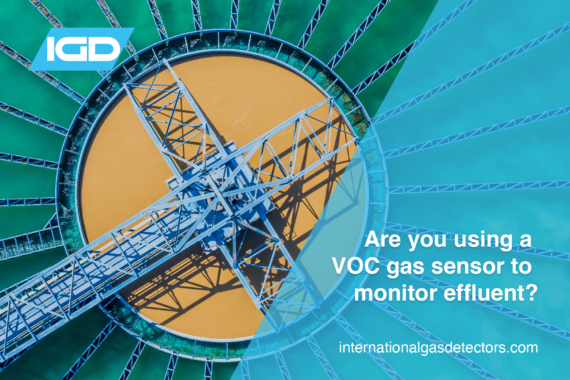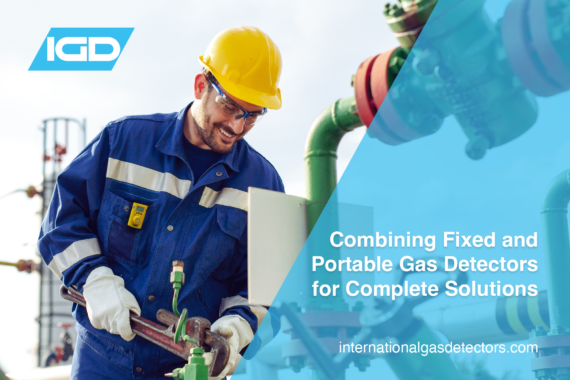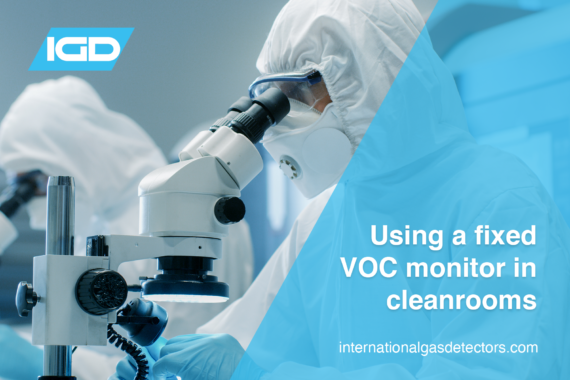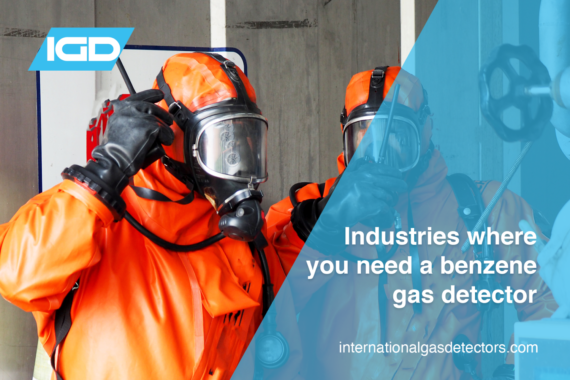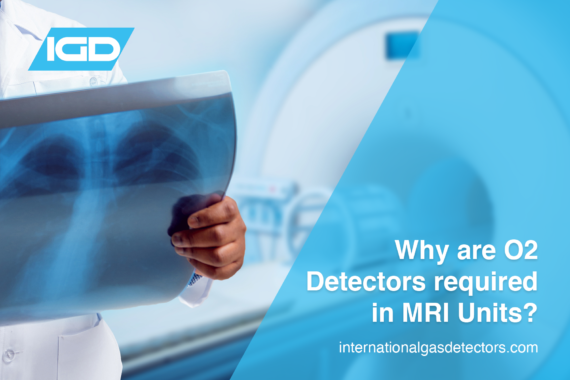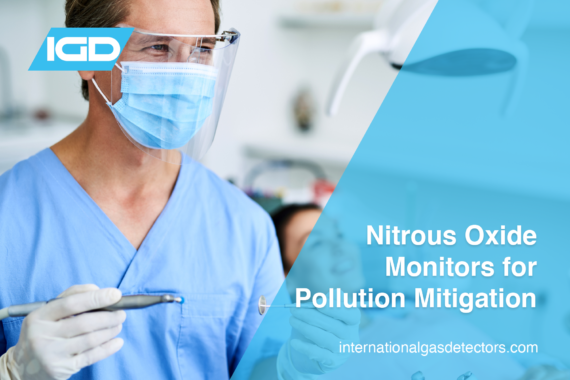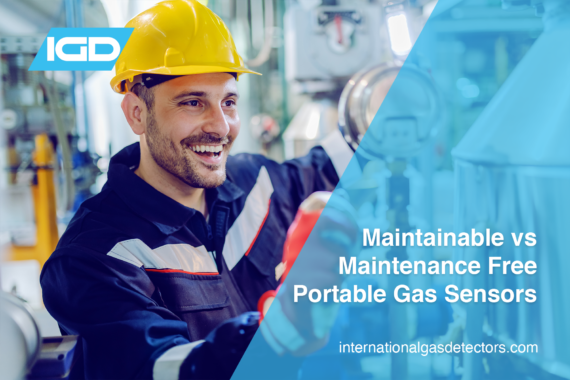It is vital to have adequate detection for the hazards you are encountering. Due to the range of gases it is possible to encounter, there is an equating number of portable gas detectors to be utilised in this application. This includes handheld multi gas detectors such as the POLI and MGT as well as handheld VOC monitors like the NEO. Read on to find out more about the hazards of firefighting and IGDs detectably better solutions.
Are You Using a VOC Gas Sensor to Monitor Effluent?
Handling and treating effluent presents a wide range of hazards, from confined spaces to the treatment processes. Effluent, wastewater and water treatment also ranges across a wide range of industries, expanding the encounterable hazards significantly. One of these hazards commonly encountered involves VOC gases. These compounds can present a wide range of issues; thus, a VOC gas sensor is extremely useful in this industry. Read on to find out more about the VOCs encountered when monitoring effluent, the hazards and the VOC gas sensor solution on offer.
Combining Fixed and Portable Gas Detectors for Complete Solutions
Gas detectors are usually categorised as either being fixed, portable or transportable. All of these types have a range of methods of detecting gas or vapour hazards and have their own strengths and weaknesses. Selecting the correct solution depends on the circumstance of operation, topography of the site or application and the nature of the gas hazard. For example fixed systems are impractical for sewer workers operating in confined spaces. This type of application suits a portable personal gas detector. Similarly an indoor process in a lab or production facility requires 24 hour monitoring, something a portable detector cannot provide. In some instances a combination of both fixed and portable provides the best solution so correct assessment of the hazard and best available technology to monitor is vital.
What is a Sewer Gas Detector?
In the sewer industry (wastewater) there can be a plethora of hazards encountered by personnel. Not only do personnel frequently enter confined spaces, but these areas are filled with decomposing waste and other hazardous materials. Gases emitted from these materials as well as the need to monitor O2 depletion levels are of the utmost importance in these environments. Therefore, we would need to employ a Sewer Gas Detector, otherwise known as a multi gas detector. Read on to find out more about the sewer gases and the industry around it, in addition to the ideal Sewer Gas Detector for your industry.
Using a Fixed VOC Monitor in Cleanrooms
Cleanrooms are found across a wide range of industries for a vast range of uses. This includes the most common ones such as laboratories, pharmaceutical and medical as well as semi-conductor applications and many other less common ones. Each of these industries need to monitor VOCs for a wide range of reasons, from the hazards they may cause to the personnel to the effects on the work they are doing, thus a fixed VOC monitor will be needed in each of these applications. This article will detail the reasons why a Fixed VOC Monitor may be required in each application as well as the hazards that come with VOCs. This article will also detail the revolutionary Fixed VOC Monitors on offer from IGD. Read on below to find out more.
Industries where you need a Benzene Gas Detector
Benzene gas can be found in a wide range of applications, mostly being environmentally related such as petroleum and process industries. Benzene is a liquid at room temperature but quickly turns vaporous in the atmosphere, meaning this can be highly prevalent in these industries. . This article will delve into where benzene gas is found, the dangers associated with this substance and IGDs detectably better Benzene Gas Detector solutions to help mitigate the risks of this gas.
Why are O2 monitors required for MRI units?
MRI units are not commonly thought of when talking about gas safety, however these areas can quickly become dangerous when leaks occur. Understanding the dangers of MRI units as well as the gases used within them are vital to understanding why O2 monitors are required in these areas. This article covers all of the essential information in understanding this. Including the gases encountered in these areas to providing you details of IGD’s detectably better solution in O2 monitors.
How Long Does a VOC Sensor Last?
How long does a VOC sensor last? VOC sensors based on Photo-Ionisation technology (PID) are more complex than most other types of gas detector. PID based detectors utilise an Ultra-violet (UV) lamp to ionise the gas sample. The life of the UV lamp is one of the on-going costs of ownership for this type of detector. This article delves into the typical lamp life currently on the market and why it is capped at a certain amount. IGDs specialist knowledge in PID detection however allows us to set the standard with our revolutionary new development in VOC sensor technology. Read our article to learn more about our latest improvement.
Implementing a Nitrous Oxide Monitor for Pollution Mitigation
The recent COP 26 summit in Glasgow made a large amount of promises in regard to pollution management. One of the main focuses of this summit was the mitigation of climate change, including the reduction of N2O gas emissions. Implementing a nitrous oxide monitors is proven to be the most effective way to reduce your N2O emissions, but why do I need to do this? And what is the most suitable, detectably better device for my application? Read on below for the best advice from our team of experts.
Maintainable vs Maintenance Free Portable Gas Sensors
When it comes to portable gas sensors, you can either obtain a maintainable or maintenance free detector. There is a big debate in the industry discussing which type of portable gas sensor is best, with every company having having a different opinion and offering a different option. This can understandably become confusing when purchasing portable gas sensor. Thus, this article aims to discuss the pros and cons of maintainable and maintenance free portable gas sensors to help establish which is the ultimate option for portable detection. Read on to find out more about this, including the best portable gas sensor options available on the market.


